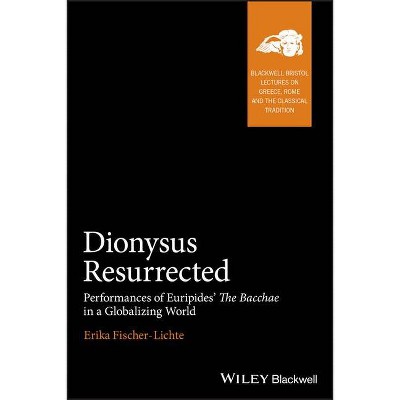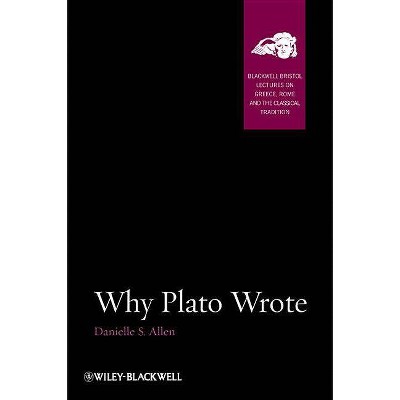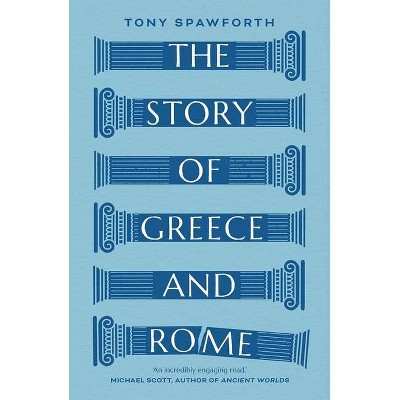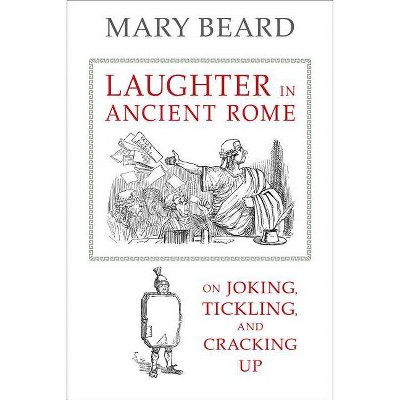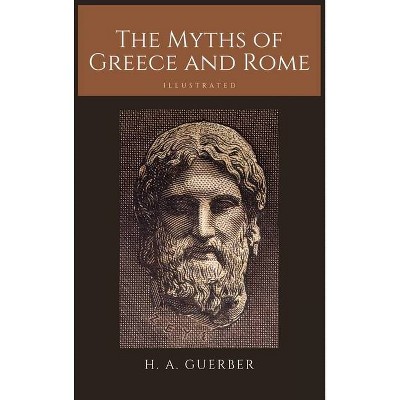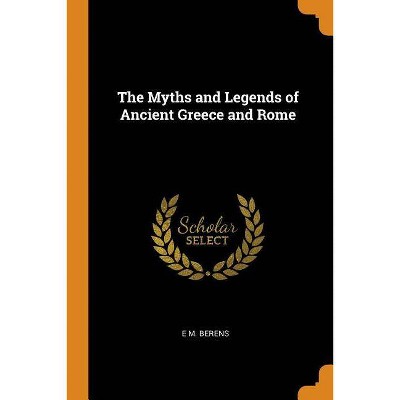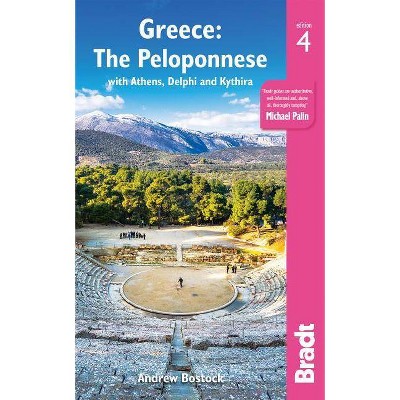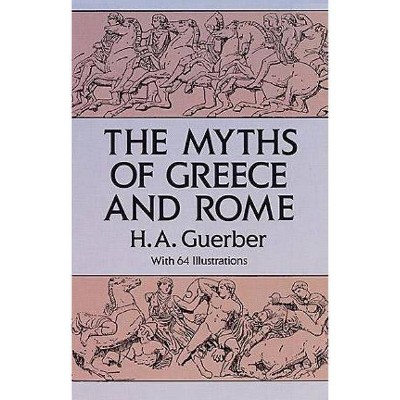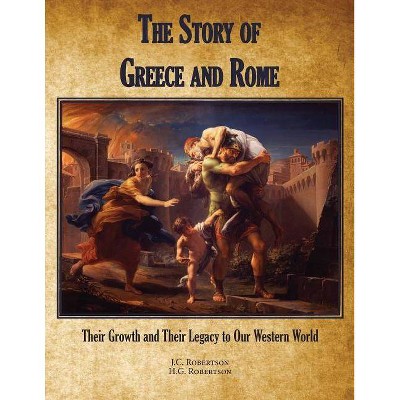After the Past - (Blackwell-Bristol Lectures on Greece, Rome and the Classical) by Andrew Feldherr (Paperback)
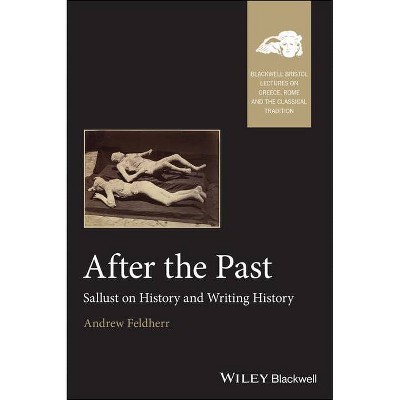
Similar Products
Products of same category from the store
AllProduct info
<p/><br></br><p><b> About the Book </b></p></br></br> "The most important modern treatment of the 'revolution' that ended the last Roman Republic concludes as follows: 'For power he [sc. Augustus] had sacrificed everything; he had achieved the height of all mortal ambition and in his ambition he had saved and regenerated the Roman People,' (Syme 1939, 524). Sallust, the Roman historian whose first experiment in the genre zeroes in on a representative moment in that crisis, stands clearly in the background. The protagonist of Sallust's work, Catiline, an aristocrat who unsuccessfully tried to seize power in 63 BCE, was equally driven on by ambition. Indeed, Sallust identifies such ambition as, with avarice, the cause of revolution, moral and political. But the idea that individual ambition could be a salvific force for the Roman People is unimaginable in his writing, and so the recollection of his contemporary perspective highlights the profound historical irony of the story that Syme has told. There is an obvious reason why Sallust would have been shocked that ambition could end in social regeneration: he died, most likely, in 35 BCE, when the victory that was finally to give Syme's improbable hero unrivalled power in the Roman world was still unforeseeable, not to speak of the victor's subsequent 45 years as sole ruler. But my interest lies not so much in the difference between the two historians' understandings of ambition and revolution as in how Syme positions his historical analysis in relation both to events themselves and to his Roman sources"<p/><br></br><p><b> Book Synopsis </b></p></br></br><p><b>Provides a unique and accessible understanding of Sallust and his influence on writing the history of Rome</b></p> <p>Gaius Sallustius Crispus ('Sallust', 86-35 BCE) is the earliest Roman historian from whom any works survive. His two extant writings chronicle crucial moments of a political, social, and ethical revolution with profound consequences for his own life and those of his audience. <i>After the Past: Sallust on History and Writing History</i> examines what it meant to write the history of contentious events--Catiline's famous rebellion in 63 BCE and the war waged against the North African king Jugurtha fifty years earlier--while their effects were still so vividly felt.</p> <p>One of the first book-length treatments of Sallust in over fifty years, the text offers a comprehensive reading of Sallust's works using the tools of narratology and intertextual analysis to reveal the changing functions of historiography at the end of the Roman Republic. Author Andrew Feldherr's comprehensive approach examines the literary strategies used by Sallust and many of the most interesting and significant aspects of the historian's accomplishment while advancing the study of historiography as a literary form, reconsidering its relationship to rival genres such as rhetoric and tragedy. Pursuing a focused and distinctive scholarly argument, this book: </p> <ul> <li>Provides a comprehensive approach to Sallust's extant works</li> <li>Explores how Sallust helped his readers to reflect on their own relationship with their tumultuous past</li> <li>Contributes to understanding Roman conceptualizations of space and of writing</li> <li>Challenges the core assumption that literary historiography of the time period is essentially rhetorical nature</li> </ul> <p><i>After the Past: Sallust on History and Writing History</i> is an accessible and useful resource for students of Latin literature and Roman history from the advanced undergraduate through professional levels, and for all those with an interest in historiography as a literary genre in Greco-Roman antiquity and in the literary history of the late Republic and triumviral period.</p><p/><br></br><p><b> About the Author </b></p></br></br><p><b>Andrew Feldherr</b> is Professor of Classics at Princeton University. He works on -Latin Literature, with a particular interest in historiography and the poetry of the -Augustan period. A main focus of his work has been on how political and social forces transform conceptions of the function of literature during the Roman Republic and Empire.</p>
Price History
Price Archive shows prices from various stores, lets you see history and find the cheapest. There is no actual sale on the website. For all support, inquiry and suggestion messagescommunication@pricearchive.us
